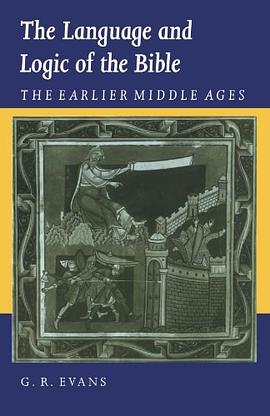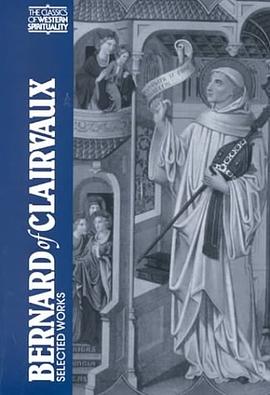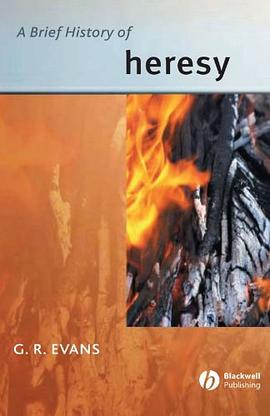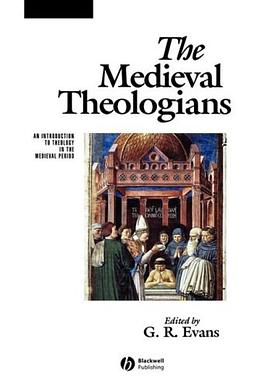
All the apparatus of learning in the earlier Middle Ages had the ultimate purpose - at least in principle - of making it possible to understand the Bible better. The fathers laid foundations on which their successors built for a thousand years and more, which helped to form and direct the principles of modern criticism. This study looks at the assumptions within which students of the Bible in the West approached their reading, from Augustine to the end of the twelfth century, when distinct skills in grammar and logic made it possible to develop more refined critical methods and to apply fresh tools to the task.
具体描述
读后感
评分
评分
评分
评分
用户评价
相关图书
本站所有内容均为互联网搜索引擎提供的公开搜索信息,本站不存储任何数据与内容,任何内容与数据均与本站无关,如有需要请联系相关搜索引擎包括但不限于百度,google,bing,sogou 等
© 2025 qciss.net All Rights Reserved. 小哈图书下载中心 版权所有





















